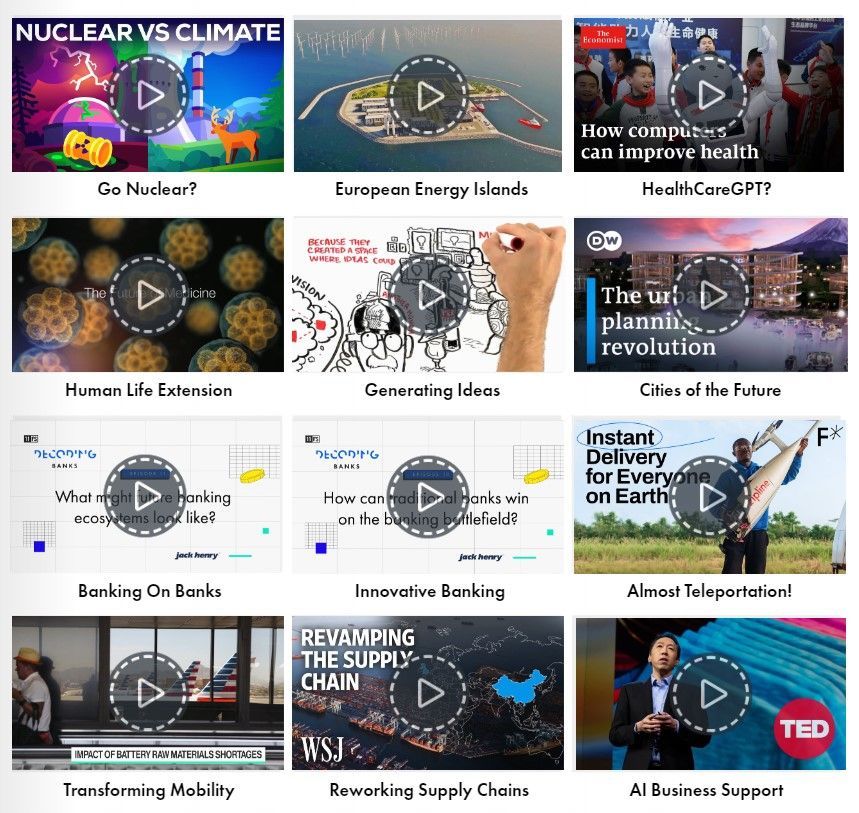1MG FlippingBooks
FIRMS MUST EMBRACE INNOVATION FIRST
Mark Dodgson
Science and research provide new opportunities for Australia to change its business culture, and governments can facilitate greater activity, but innovation performance depends on actions in business, according to Mark Dodgson.

Most innovation in every nation happens in firms. Australian businesses have a mixed record in innovation. We have some outstanding successes, for example, in parts of the mining, food and health industries, some service sectors and technology start-ups. However, we simply do not have enough of them to rebalance the economy in the face of the challenges that lie ahead.
Amid the re-assessments taking place since COVID-19, there is a priceless opportunity for businesses to rethink how innovation is managed and, more fundamentally, reassess its nature and purpose. Factoring in ongoing political turmoil and the climate crisis, conditions are prime for a fundamental reset of innovation in business.
What do we know?
Research over the past 70 years has found that innovative businesses live longer, grow more and generate larger profits. Innovation is found in new products and services, operations and production, organisational structures, paths to market and business models. Innovative firms adopt portfolio approaches, with the bulk of activity devoted to incremental changes, a proportion directed towards more substantial initiatives, and a small element designed to explore future options.
Even the most innovative firms need collaboration – with suppliers, customers, other firms and research institutions. Successful firms have innovation strategies and effective processes in place to manage innovation, including in R&D and new product and service development, linking them with business objectives. They also have supportive governance structures, typically involving board-level responsibility for innovation, regular reporting on performance and clear and consistent articulation by leaders on the importance of investment in innovation. Such firms percolate the understanding that innovation is everyone’s responsibility and circumvent obstacles to change.
What is new?
Firms are navigating the turbulence created by the pandemic, threats to global trade and institutions, political and social polarisation, and disruptive technological change. Science and research provide new opportunities and governments can facilitate greater activity, but innovation performance depends on actions in business.
Firms are adjusting to progressive movements such as #MeToo and Black Lives Matter, and to a majority-millennial workforce with evolved expectations of the working life. Pre-COVID-19, moves were afoot to rethink the purpose of business amid growing evidence that addressing societal issues and stakeholders’ priorities helps produce long-term value. A new approach to innovation has to be part of this reformation.
The US Business Roundtable of leading CEOs questioned the singular pursuit of shareholder value, as opposed to the creation of value for stakeholders including employees, customers, suppliers and the broader community. The World Economic Forum’s “Great Reset” is marshalling support for a fundamental reset of the foundations of the economic and social system, providing a framework for the rethinking and reshaping of business purpose and behaviour, and the creation of a more equitable, sustainable and resilient future.
What is to be done?
Australian firms have to rethink and reset their innovation strategies, processes and practices. This will require the search for new opportunities and the astute application of novel governance arrangements, different organisational structures and more appropriate performance metrics. Universities have a role to play in creating new options for the future, though business schools need to collaborate with firms and shift training imperatives towards fostering skills in innovation and entrepreneurship.
Firms, in turn, need to commit to supporting and working with externally orientated and business-savvy academics. Most fundamentally, businesses need to be more open and engaging with their stakeholders. Firms need to emphasise the value of innovation in improving quality of life and creating meaningful work, as well as reducing social inequality and cultivating environmental sustainability. The language of innovation – change, flexibility, agility, adaptability – needs to be applied beyond the confines of business efficiency to articulate the very purpose of business.
We need more and better information on the working conditions of those making, delivering and warehousing goods, and on the environmental cost of their manufacture and transportation. There needs to be an explosion in the crowdsourcing and crowdfunding of innovations and in the testing and prototyping of new ideas in hackathons, accelerators and incubators.
What else?
We need new educational and training programs to encourage more females and minorities into careers in technology and innovation and stimulate solutions across social and environmental causes. A greater diversity of voices has to be heard, not only on what innovations are needed but on how they are to be created. Innovation thrives in workplaces that embrace inclusion, playfulness, happiness and fulfilment. By fine-tuning their innovation strategies, businesses can help make a better possible future a reality.
Mark Dodgson AO is Emeritus Professor of the University of Queensland’s Business School, Visiting Professor at Imperial College Business School, Executive in Residence, Said Business School, University of Oxford, and Broman Scholar, University of Gothenburg. He has written or edited 18 books on innovation, and over 100 articles and book chapters, and has researched and taught innovation in more than 60 countries.



















